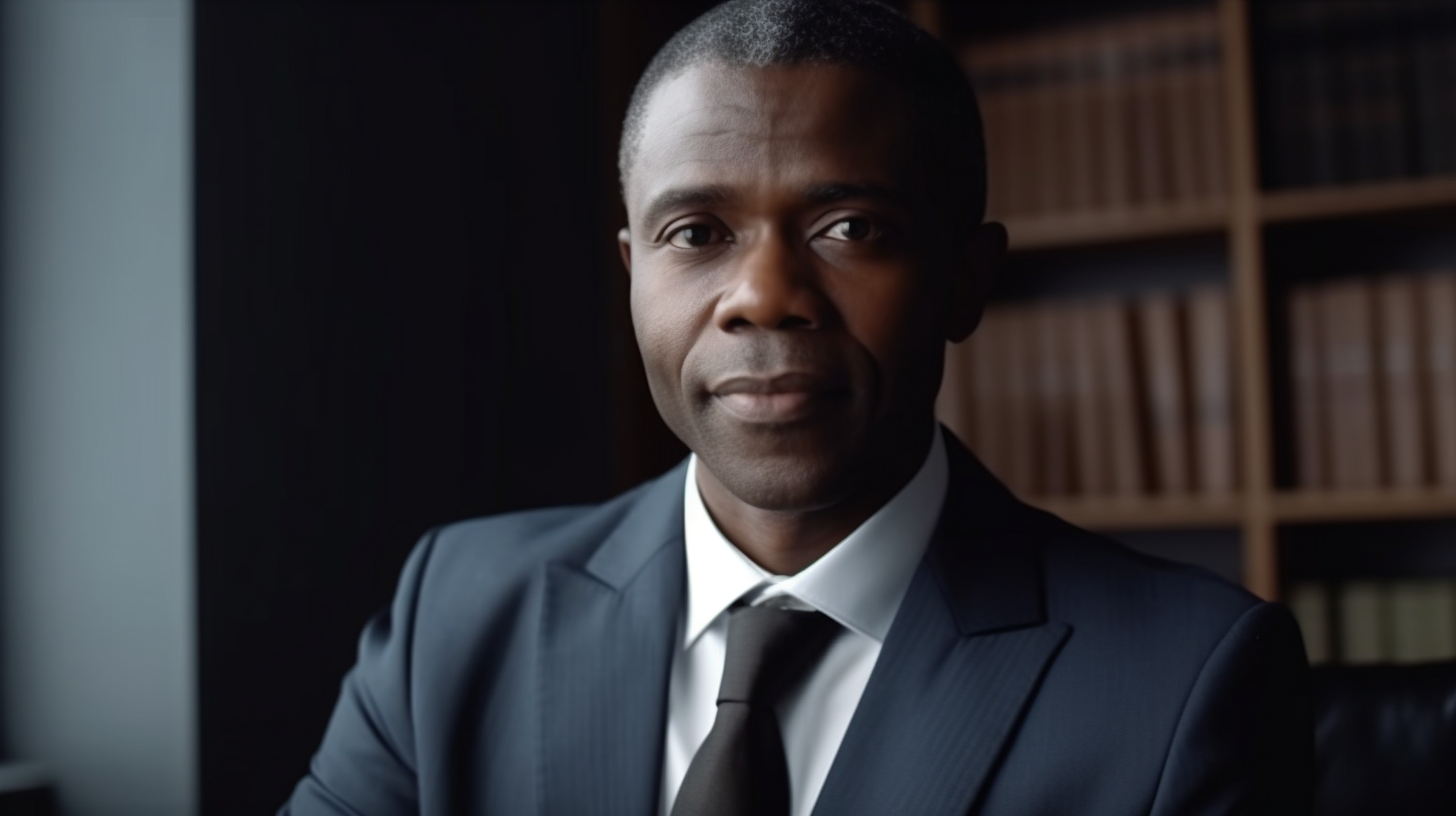Gain insights into the daily life and responsibilities of African law practitioners
SHARE WITH FRIENDS
Unveiling the Daily Life and Responsibilities of African Law Practitioners
African law practitioners play a crucial role in upholding justice and ensuring the effective functioning of legal systems across the continent. From courtrooms to legal consultations, these professionals work diligently to serve their clients and maintain the integrity of the legal profession. This article provides valuable insights into the daily life and responsibilities of African law practitioners, shedding light on the various aspects of their work.
1. Daily Life of African Law Practitioners
1.1 Work Environment
African law practitioners operate in diverse settings, including law firms, government agencies, corporate legal departments, and non-profit organizations. They may also choose to work independently as solo practitioners. Their work environment often involves long hours, extensive research, and frequent interaction with clients, colleagues, and judicial authorities.
1.2 Routine Responsibilities
The daily responsibilities of African law practitioners are multifaceted. They engage in legal research, draft legal documents, represent clients in court, and provide legal advice. Additionally, they attend meetings with clients, collaborate with fellow lawyers, negotiate settlements, and stay updated on changes in legal regulations and procedures.
2. Legal Profession in Africa
2.1 Overview of the Judicial System
The judicial system in Africa varies across countries and jurisdictions. It typically consists of different courts, such as constitutional courts, supreme courts, appellate courts, and lower courts. African law practitioners navigate these systems to ensure fair and just outcomes for their clients.
2.2 Legal Education and Training
Becoming an African law practitioner requires a comprehensive legal education. Prospective lawyers typically pursue a bachelor's degree in law followed by a professional law program. These programs equip them with the necessary knowledge and skills to practice law effectively.
2.3 Upholding Legal Ethics
Ethics and professionalism are fundamental to the legal profession. African law practitioners adhere to a code of conduct that promotes integrity, confidentiality, and respect for the legal system. They maintain client confidentiality, avoid conflicts of interest, and strive to provide fair and unbiased representation.
3. Legal Practice and Procedures
3.1 Legal Research and Writing
Thorough legal research is a crucial aspect of an African law practitioner's work. They analyze statutes, regulations, and legal precedents to build strong legal arguments and support their clients' cases. Effective legal writing skills are essential for drafting persuasive legal documents, such as briefs, contracts, and opinions.
3.2 Client Representation and Advocacy
African law practitioners act as advocates for their clients, representing them in various legal proceedings. They gather evidence, interview witnesses, and present arguments in court. They also negotiate settlements on behalf of their clients, striving for favorable outcomes while ensuring compliance with legal regulations.
3.3 Litigation and Courtroom Proceedings
Litigation is a common part of an African law practitioner's work. They prepare and file legal documents, engage in court hearings, and participate in trials. African law practitioners present their cases before judges or juries, making compelling arguments and advocating for their clients' interests.
4. Providing Legal Advice and Document Drafting
4.1 Offering Legal Advice
African law practitioners provide legal advice to individuals, organizations, and government entities. They interpret complex legal concepts, explain rights and obligations, and offer guidance on legal strategies. Clear communication and a deep understanding of the law are essential to effectively assist clients in making informed decisions.
4.2 Preparing Legal Documents
Drafting legal documents is a critical aspect of an African law practitioner's work. They prepare contracts, wills, trusts, and other legal instruments tailored to their clients' needs. Accuracy, attention to detail, and adherence to legal formalities are essential to ensure the validity and enforceability of these documents.
5. Resolving Legal Disputes
5.1 Mediation and Negotiation
In many cases, African law practitioners strive to resolve legal disputes amicably through mediation and negotiation. They facilitate discussions between parties involved in a conflict and work towards mutually acceptable agreements. These alternative dispute resolution methods can save time, money, and preserve relationships.
5.2 Legal Precedent and Case Law
Legal precedent plays a significant role in African law. African law practitioners rely on previous court decisions and case law to analyze legal issues and make arguments. By referencing established legal principles, they contribute to the development and interpretation of the law in their respective jurisdictions.
6. Various Fields of Law in Africa
6.1 Constitutional Law
Constitutional law deals with the interpretation and application of a country's constitution. African law practitioners specializing in constitutional law work on cases related to fundamental rights, separation of powers, and constitutional reform.
6.2 Criminal Law
African law practitioners involved in criminal law handle cases related to offenses against the state or individuals. They represent clients accused of crimes, work on plea bargains, and ensure compliance with legal procedures and protections.
6.3 Civil Law
Civil law encompasses a wide range of legal matters, including contracts, property disputes, family law, and personal injury claims. African law practitioners specializing in civil law help individuals and organizations navigate these areas, ensuring their rights and interests are protected.
Conclusion
African law practitioners lead dynamic and challenging lives as they fulfill their responsibilities in the legal profession. From providing legal advice to representing clients and upholding ethical standards, their work contributes to the fair and just functioning of legal systems in Africa.
FAQs
1. What qualifications are required to become an African law practitioner?
To become an African law practitioner, one typically needs a bachelor's degree in law followed by a professional law program. These qualifications equip individuals with the necessary knowledge and skills to practice law effectively.
2. Do African law practitioners specialize in specific fields of law?
Yes, many African law practitioners choose to specialize in specific areas of law such as constitutional law, criminal law, civil law, corporate law, or family law. Specialization allows them to develop expertise in a particular domain and better serve their clients.
3. How do African law practitioners stay updated on changes in legal regulations?
African law practitioners stay updated on changes in legal regulations through various means. They attend continuing legal education programs, participate in professional conferences, and regularly engage in legal research to stay informed about new laws and amendments.
4. Can African law practitioners handle cases outside their jurisdiction?
African law practitioners are generally limited to practicing within their jurisdiction. However, in certain circumstances, they may collaborate with lawyers from other jurisdictions or seek assistance from international legal networks to handle cross-border cases.
5. How long does it take to resolve a legal dispute in Africa?
The time it takes to resolve a legal dispute in Africa varies depending on factors such as the complexity of the case, the court's caseload, and the willingness of the parties to engage in alternative dispute resolution methods. Some cases may be resolved quickly, while others can span several months or even years.
SHARE WITH FRIENDS
Why risk more when you have a valid claim?
When it matters, get a seasoned lawyer who can get you the compensation you deserve.






